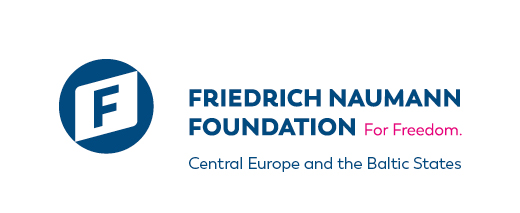Nov
15.
Economic liberalism, or lack thereof? - A study of public opinion on equality and state spending in Hungary
Republikon Intézet
- In this study we present how these liberals think about the economy, to have a clear image of the economic side – or lack thereof – of Hungarian liberalism.
- Hungarian liberals seem to not be liberal in the economic sense. Over half of them denounce capitalism as something that needs to be dismantled completely.
- Hungarian liberals support government intervention to limit wealth inequality and support taxing high earners.
- We examined liberal opinions on state spending in key areas, such as education, welfare, pensions, healthcare and the support of universal basic income or UBI. Hungarian liberals generally support any increase in state spending to support free education, healthcare, social policy – even if it means drastic tax raises.
- Hungarians oppose raising the retirement age and support the introduction of universal basic income.
- Hungarian liberals are leftists. This is clear from checking correlations between the liberal-conservative and left-right scale. There’s an immensely strong and significant correlation between being a liberal and being a leftist in Hungary.
- From all this we can deduct that Hungarian liberalism doesn’t really convey the ideas of the free market, and it isn’t interested in taking back powers and responsibility from the state, quite the contrary: It holds the state to account for not getting involved more, paying more, taking on a bigger role.
- Looking at views on authority among Hungarians, especially compared to other European countries, we see that the authoritarian philosophy of the communist era and the current Fidesz-KDNP government can also be observed in public opinion.
- Virtually every tested variable in the dataset tells us that Hungarian’s way of thinking is much more seeped in authoritarianism than the respondents of other European countries. Hungarians, compared to the ESS average, are much more likely to think that a country needs most loyalty towards its leaders, that it’s important to do as told and follow the rules, important to behave properly, important that the government is strong and ensures safety, less important to make one’s own decisions and be free.


This project is supported by the Friedrich Naumann Foundation for Freedom.
To read the full analysis, click HERE.


